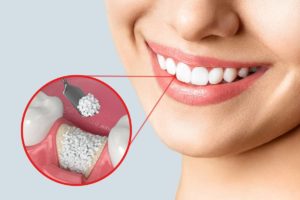
LANAP After Care: What to Do (and Avoid)
At Gallardo Periodontics and Implant Dentistry in Miami, FL, renowned periodontist Dr. John Paul Gallardo provides advanced laser gum therapy for patients with gum disease.
Blog
Home / Blog

At Gallardo Periodontics and Implant Dentistry in Miami, FL, renowned periodontist Dr. John Paul Gallardo provides advanced laser gum therapy for patients with gum disease.

Dental implants have transformed the way people restore their smiles, offering lasting solutions for missing teeth that feel and function much like natural teeth. Over

If you’re considering dental implants, the first question is often the most practical one: how long do dental implants last? While no tooth replacement can

Have you ever wondered what the best tooth replacement option is for your smile — dental implants or dentures? With so many advancements in modern

Recovering from LANAP surgery requires proper care to ensure optimal healing of your teeth and gums. Under the expert guidance of Dr. Gallardo, patients receive

Aging brings several changes to your dental health, such as an increased risk of tooth loss and gum disease. Recognizing these effects is crucial for

Ever wonder what really happens after a root canal? If you’ve been scouring the internet looking for answers, you’re not alone. Root canals are one

Have you ever been told you need a bone graft and thought, “What even is that?” You’re not alone. Bone grafting in dentistry might sound

Ever found yourself wondering what’s safe to eat after having your wisdom teeth pulled? Recovering from wisdom tooth surgery can feel like navigating a minefield—one

Have you ever wondered what might happen if someone accidentally swallowed their dentures? While it might sound far-fetched, this rare but serious incident can occur,